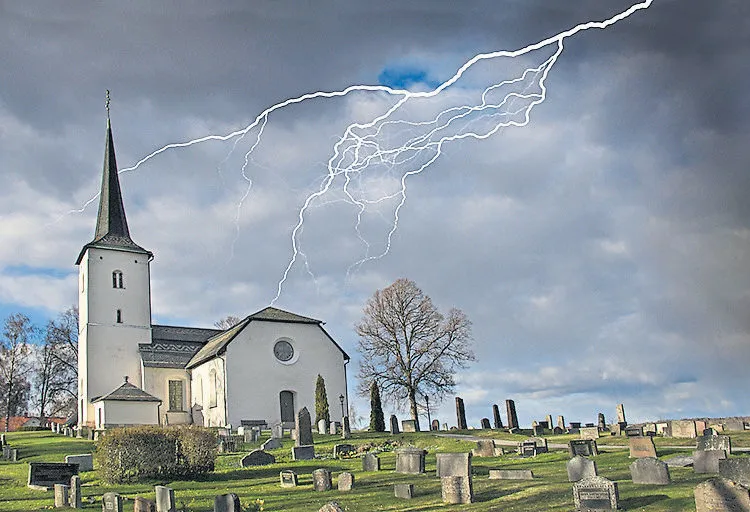John J. Murray raises an uncomfortable question for all evangelicals
Where is God? That is a question that needs to be asked in the midst of the present situation.
God does not appear to be at work in the church. The number attending church is in steep decline. Christianity is being marginalised and held up to ridicule by many. Efforts are being made to stem the tide. Schemes are drawn up to reach out to the churchless masses in our nation. Special prayer meetings are held for revival. But it seems that the heavens are as brass. There is a spiritual dearth in the land.


